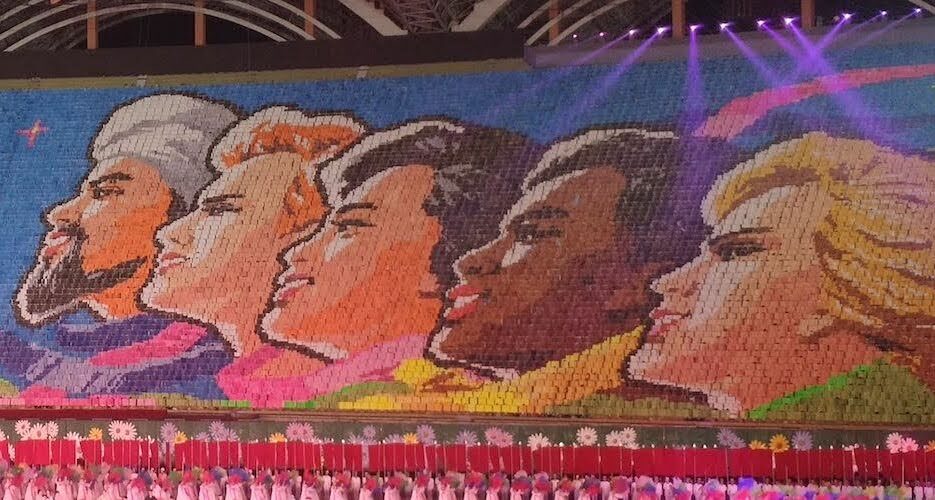If American soldier Travis King really did defect to North Korea to escape racism, as Pyongyang claims, he may be disappointed to find he’s sought refuge in what is arguably one of the most racist countries in the world.
DPRK state media reported on Wednesday that King fled to North Korea because of “inhuman maltreatment and racial discrimination” and “the unequal American society,” but the soldier now finds himself in a country that treats interracial marriage like a form of pollution and even carries out forced abortions on ethnically-mixed babies.
If American soldier Travis King really did defect to North Korea to escape racism, as Pyongyang claims, he may be disappointed to find he’s sought refuge in what is arguably one of the most racist countries in the world.
DPRK state media reported on Wednesday that King fled to North Korea because of “inhuman maltreatment and racial discrimination” and “the unequal American society,” but the soldier now finds himself in a country that treats interracial marriage like a form of pollution and even carries out forced abortions on ethnically-mixed babies.
Try unlimited access
Only $1 for four weeks
-
Unlimited access to all of NK News: reporting, investigations, analysis
-
Year-one discount if you continue past $1 trial period
-
The NK News Daily Update, an email newsletter to keep you in the loop
-
Searchable archive of all content, photo galleries, special columns
-
Contact NK News reporters with tips or requests for reporting
Get unlimited access to all NK News content, including original reporting, investigations, and analyses by our team of DPRK experts.
Subscribe
now
All major cards accepted. No commitments – you can cancel any time.










